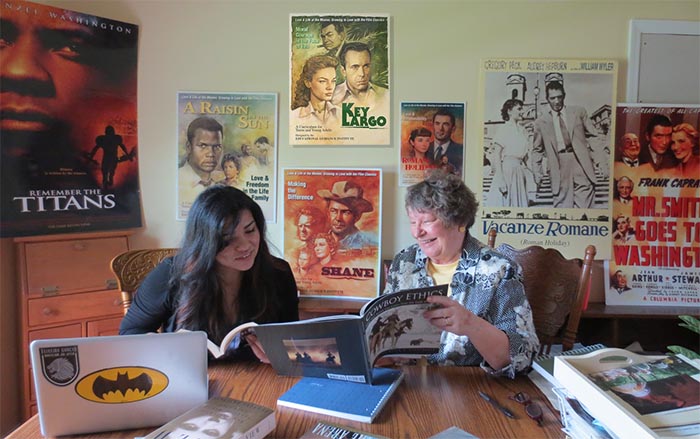If you’re just starting school, you’re probably thinking about a lot – perhaps you’re picking classes to add or drop, choosing a major, starting independent work, or thinking about life after graduation. If you’re a Love and Fidelity Network student, you may also be wondering how to start or grow your student group, organize orientation activities and schedule events. Whether you’re at the beginning or end of your college journey, we want to help you discover and refine your personal mission this semester. We also hope to inspire you, as a friend of our network, to dream up new ways of sharing your beliefs about family, marriage, and sexual integrity with peers.










